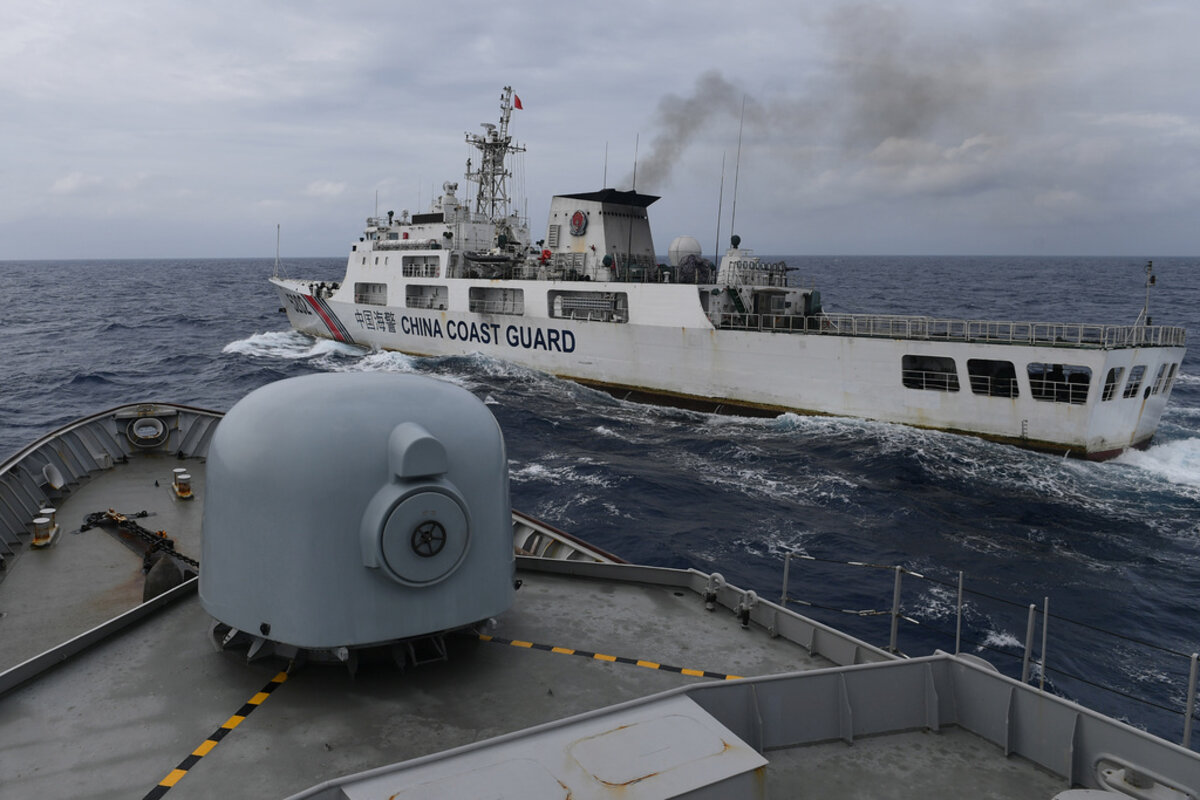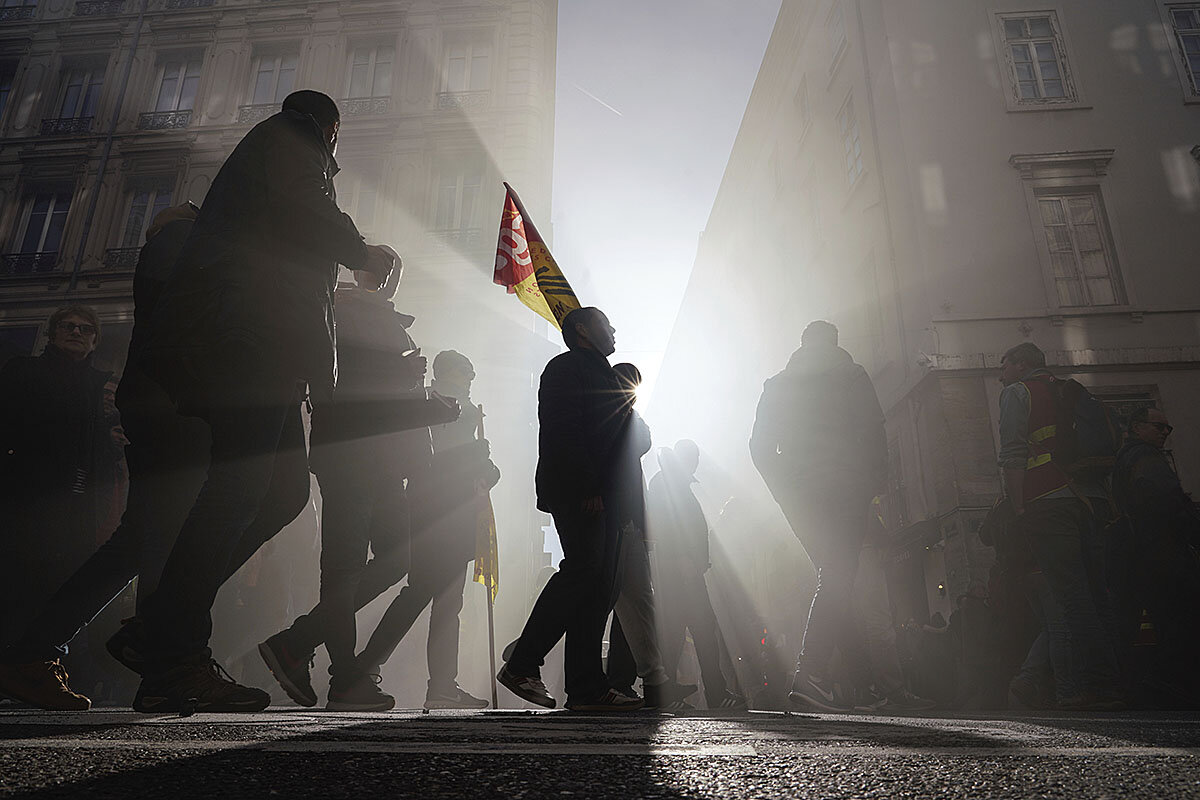The destruction from the country’s bushfires has wrought a collective anguish that cuts across ideological lines. For the moment, at least, the unfolding catastrophe holds potential to act as a unifying force.
Monitor Daily Podcast
- Follow us:
- Apple Podcasts
- Spotify
- RSS Feed
- Download
 Linda Feldmann
Linda Feldmann
Today's stories explore a collective sense of loss amid wildfire in Australia, a recurring thread in U.S. Mideast strategy, a new battlefront in the gun-rights debate, a power struggle between two factions within Shia Islam, and the 10 best books of January. But first, some thoughts from Washington.
“These are the times that try men’s – and women’s – souls,” Thomas Paine might have written today.
Indeed, it’s a sad moment when the Senate has to consider the fate of a president. But we can also think of President Donald Trump’s impeachment trial, which begins in earnest Tuesday, as a learning opportunity. It is, after all, only the third such trial in American history – a process that will test the system of self-governance the Founding Fathers laid out.
One such test centers on transparency. Journalists are protesting restrictive ground rules that include limits on their ability to talk to senators outside the Senate chamber. Cable news is planning gavel-to-gavel coverage, but at key moments, the Senate could go into “closed session” to debate important questions and, ultimately, conduct final deliberations.
Limits on press movement are one thing, but the prospect of closed sessions should come as no surprise. They occurred during the trials of both Presidents Andrew Johnson and Bill Clinton. Sometimes private discussion represents the greater good.
But even at a solemn time, there’s room for levity (or farce). After signing the articles of impeachment over to the Senate Wednesday, Speaker Nancy Pelosi handed out souvenir pens. Republicans were in high dudgeon. At least there were no typos on the Pelosi pens. During the Clinton impeachment, the GOP souvenir pens said “Untied States.”










